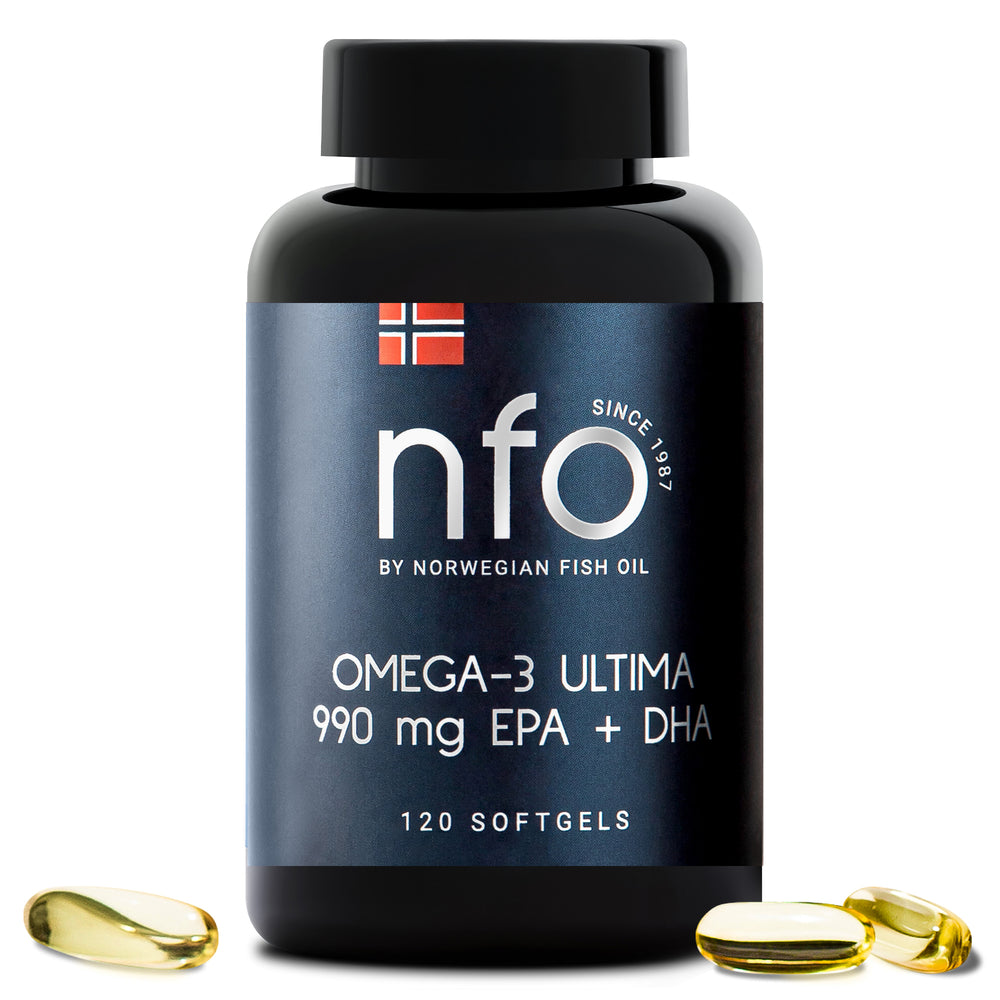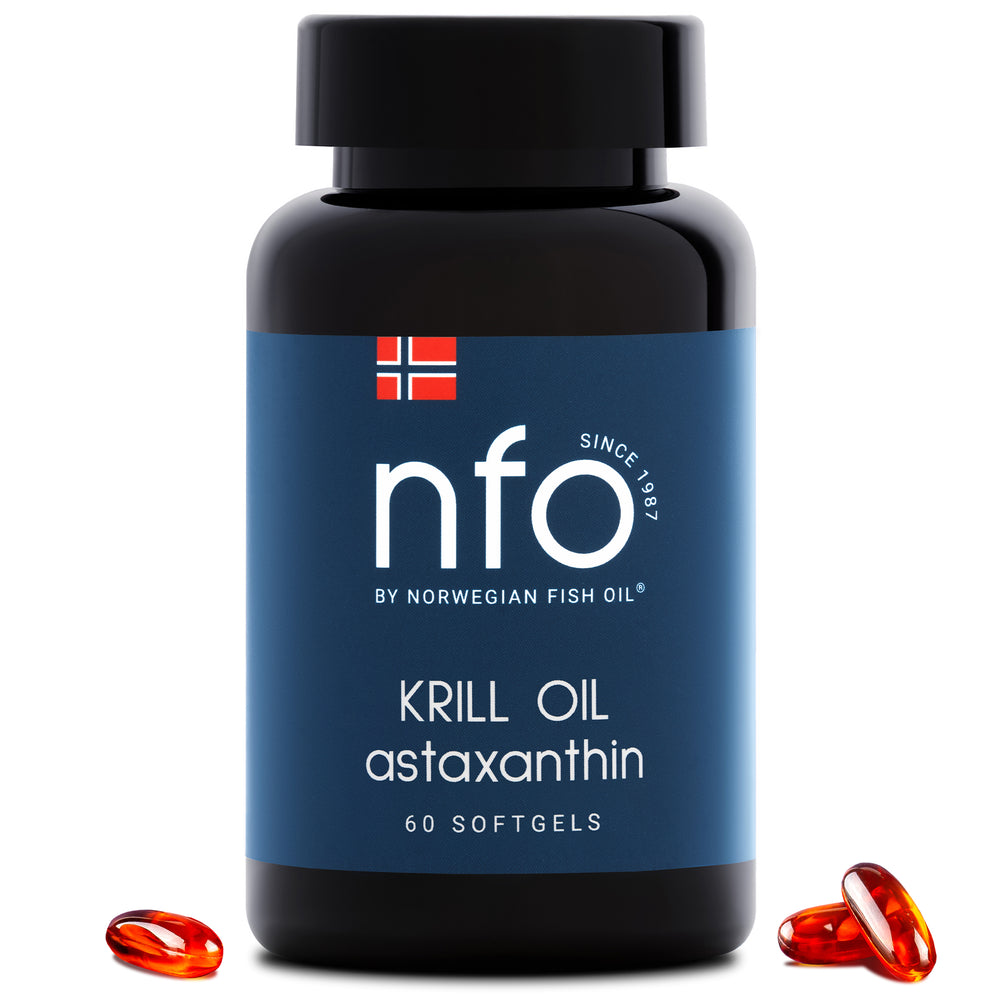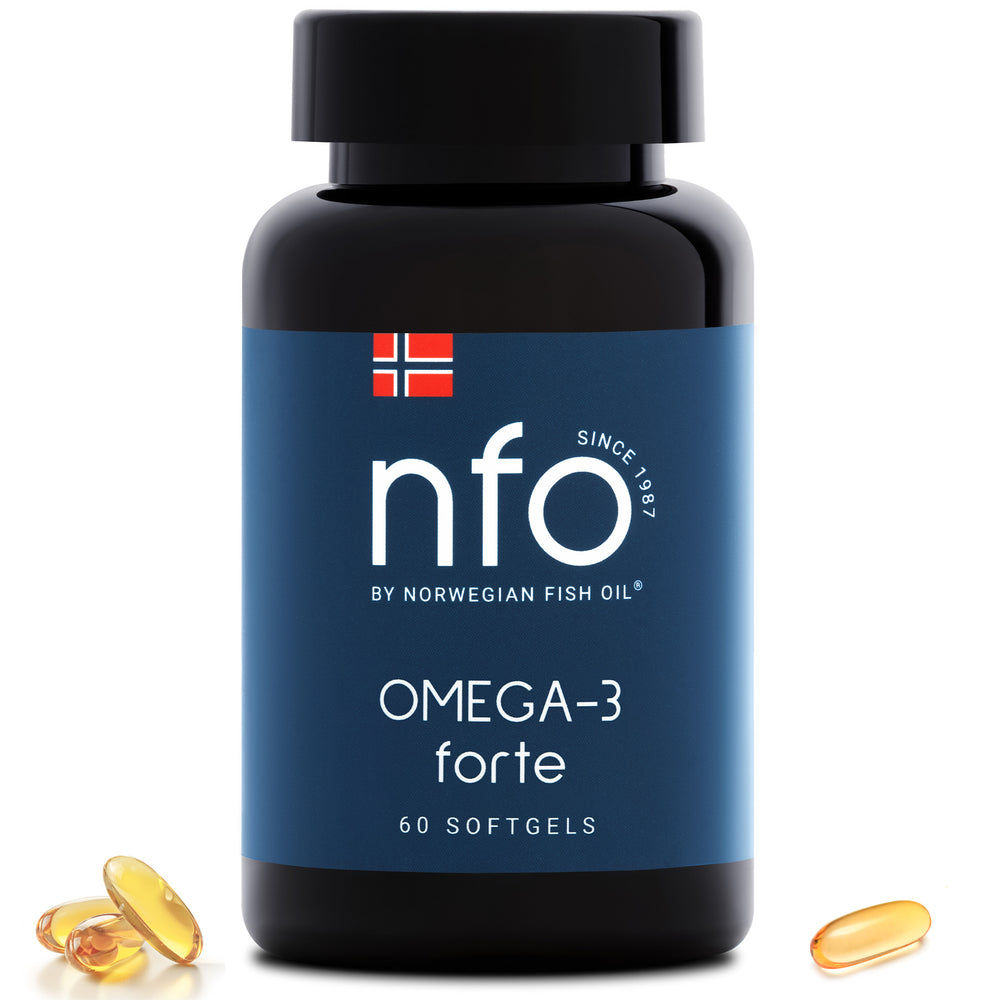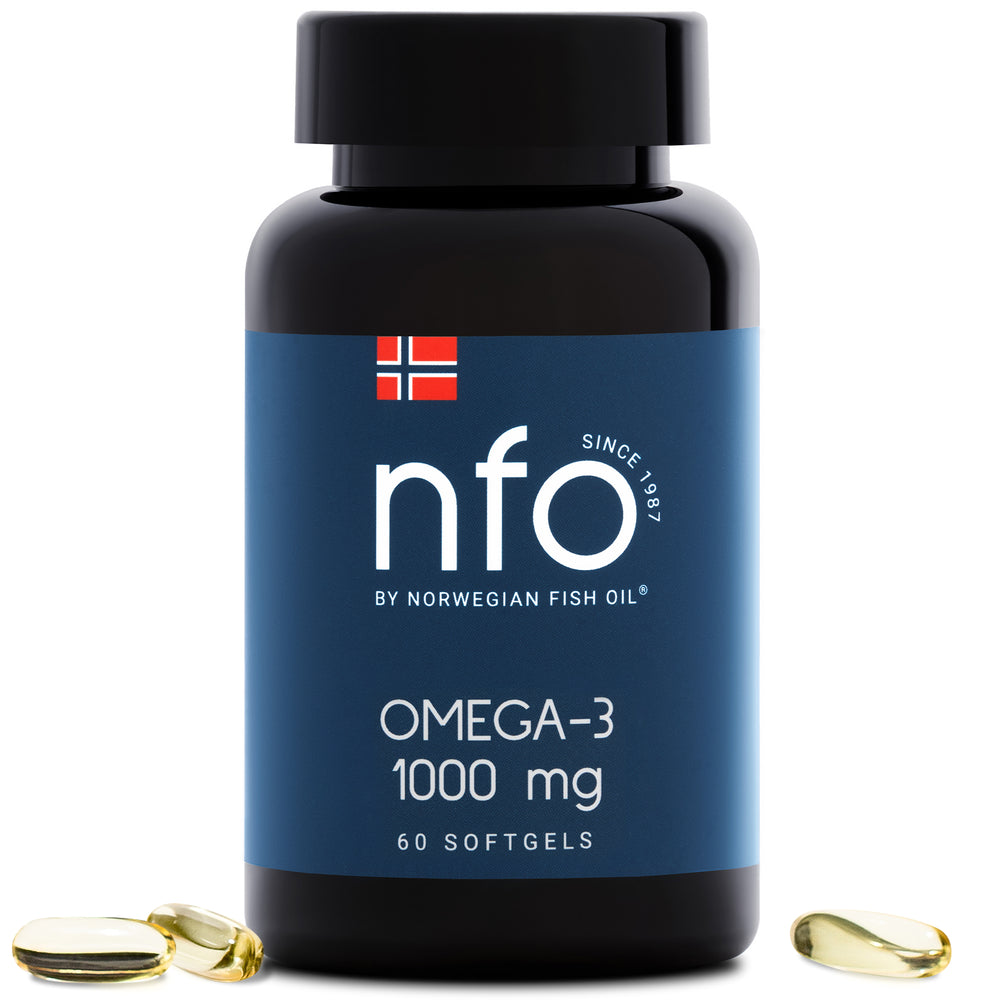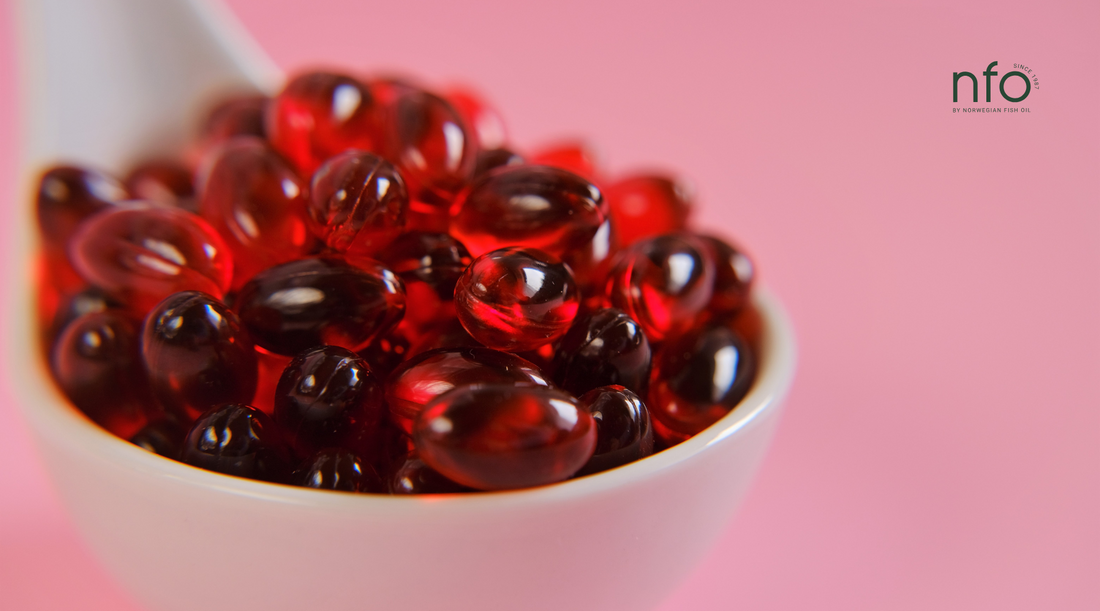
Omega-3 fatty acids are essential for maintaining optimal health, playing a critical role in heart health, brain function, and inflammation regulation. Krill oil and fish oil are two popular sources of these nutrients, both offering unique benefits and considerations. This article explores the key differences, benefits, and drawbacks of krill oil and fish oil, helping you make an informed choice based on your health goals.
What Are Omega-3 Fatty Acids?
Omega-3 fatty acids are polyunsaturated fats that the body cannot produce on its own. The primary types include eicosapentaenoic acid (EPA) and docosahexaenoic acid (DHA), found in marine sources. These fatty acids are essential for reducing inflammation, supporting cardiovascular health, and enhancing brain function.
Krill Oil: Overview and Benefits
Krill oil is derived from tiny shrimp-like crustaceans called krill. It is a rich source of EPA and DHA, which are bound to phospholipids, making them more bioavailable and easier to absorb compared to fish oil.
Better Absorption
The phospholipid-bound omega-3s in krill oil are more efficiently utilized by the body, potentially allowing for lower doses to achieve similar benefits.
Rich in Antioxidants
Krill oil contains astaxanthin, a powerful antioxidant that protects omega-3s from oxidation and supports overall cellular health.
Heart Health Benefits
Studies suggest that krill oil may help reduce triglyceride levels and improve cholesterol profiles, promoting heart health.
Joint Health
Krill oil's anti-inflammatory properties may help alleviate symptoms of arthritis and joint pain.
Fish Oil: Overview and Benefits
Fish oil, typically extracted from fatty fish like salmon, mackerel, and sardines, is one of the most widely used omega-3 supplements. It provides high levels of EPA and DHA in triglyceride or ethyl ester form.
Cardiovascular Benefits
Fish oil is well-documented for its ability to lower blood pressure, reduce triglycerides, and improve overall heart health.
Brain Health
Omega-3s in fish oil support cognitive function and may reduce the risk of neurodegenerative conditions like Alzheimer's disease.
Anti-Inflammatory Effects
Fish oil helps reduce inflammation throughout the body, benefiting individuals with chronic conditions such as rheumatoid arthritis.
Key Differences Between Krill Oil and Fish Oil
Bioavailability
The phospholipid structure of omega-3s in krill oil enhances their absorption, whereas the triglyceride form in fish oil may require higher doses to achieve the same effect.
Antioxidant Content
Krill oil contains astaxanthin, which provides added antioxidant benefits, while fish oil generally lacks this compound.
Environmental Impact
Krill harvesting is considered more sustainable compared to overfishing of certain fish species. However, concerns about maintaining krill populations for marine ecosystems remain.
Cost
Krill oil is generally more expensive than fish oil due to its extraction process and added benefits such as enhanced bioavailability and antioxidant content.
Potential Side Effects
Krill Oil
Krill oil is well-tolerated by most people but may cause mild gastrointestinal issues like nausea or diarrhea in some cases.
Fish Oil
Fish oil may also lead to gastrointestinal discomfort and, in rare cases, a fishy aftertaste or burps. Both supplements may interact with blood-thinning medications.
Which Should You Choose?
The choice between krill oil and fish oil depends on individual health goals, budget, and dietary preferences. If bioavailability and antioxidant content are priorities, krill oil may be the better option. For those looking for a cost-effective way to supplement omega-3s, fish oil remains a solid choice.
Conclusion
Both krill oil and fish oil offer significant health benefits, particularly in supporting heart, brain, and joint health. While krill oil provides enhanced absorption and antioxidant content, fish oil is a more affordable option with similar benefits. Choosing the right supplement ultimately depends on your specific needs and preferences. Whichever you choose, ensure it is sourced sustainably and meets high-quality standards to maximize its health benefits.
References
- Bays, H.E. (2006). Safety considerations with omega-3 fatty acid therapy. American Journal of Cardiology, 99(6A), 35C-43C. DOI: 10.1016/j.amjcard.2005.12.007.
- Calder, P.C. (2014). Marine omega-3 fatty acids and inflammatory processes. Biochimica et Biophysica Acta, 1851(4), 469-484. DOI: 10.1016/j.bbalip.2014.08.010.
- Cole, G.M., et al. (2010). Omega-3 fatty acids in Alzheimer's disease. Neurobiology of Aging, 31(5), 731-742. DOI: 10.1016/j.neurobiolaging.2008.05.007.
- Deutsch, L. (2007). Evaluation of the effect of Neptune Krill Oil on chronic inflammation and arthritic symptoms. Alternative Medicine Review, 12(2), 171-179. PMID: 18474276.
- Harris, W.S., et al. (2008). Omega-3 fatty acids and cardiovascular benefits. American Journal of Clinical Nutrition, 87(6), 1985S-1991S. DOI: 10.1093/ajcn/87.6.1985S.
- Laidlaw, M., et al. (2014). A randomized trial comparing krill oil and fish oil. Lipids in Health and Disease, 13, 99. DOI: 10.1186/1476-511X-13-99.
- Maki, K.C., et al. (2009). Bioavailability of krill oil omega-3s. Nutrition Research, 29(9), 609-615. DOI: 10.1016/j.nutres.2009.09.004.
- Mozaffarian, D., & Wu, J.H. (2011). Omega-3 fatty acids and cardiovascular health. Journal of the American College of Cardiology, 58(20), 2047-2067. DOI: 10.1016/j.jacc.2011.06.063.
- Takahashi, M., et al. (2015). Astaxanthin in krill oil. Journal of Functional Foods, 19, 68-72. DOI: 10.1016/j.jff.2015.09.013.
- Ulven, S.M., & Holven, K.B. (2015). Comparison of krill oil and fish oil. Current Nutrition Reports, 4(1), 36-44. DOI: 10.1007/s13668-015-0116-2.
